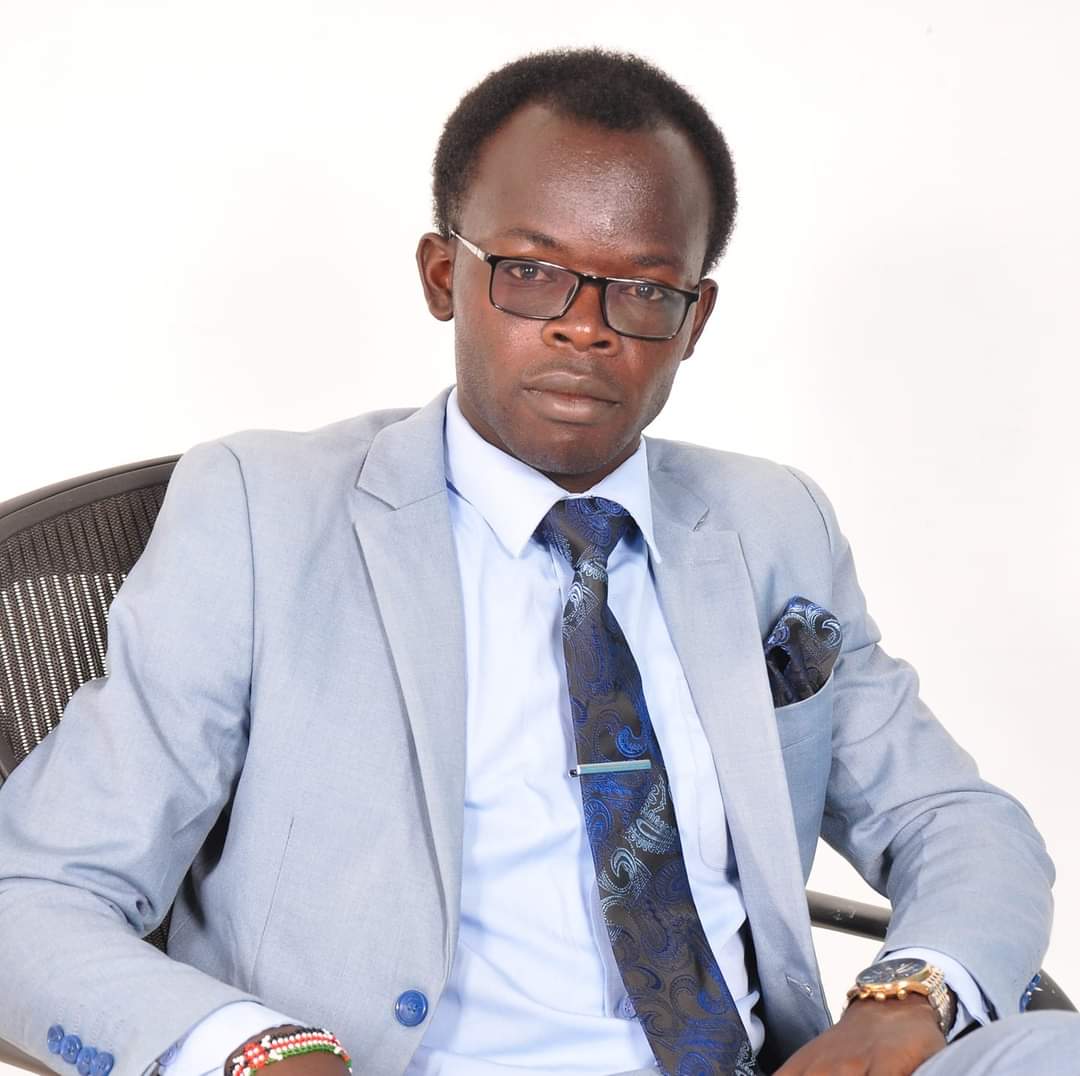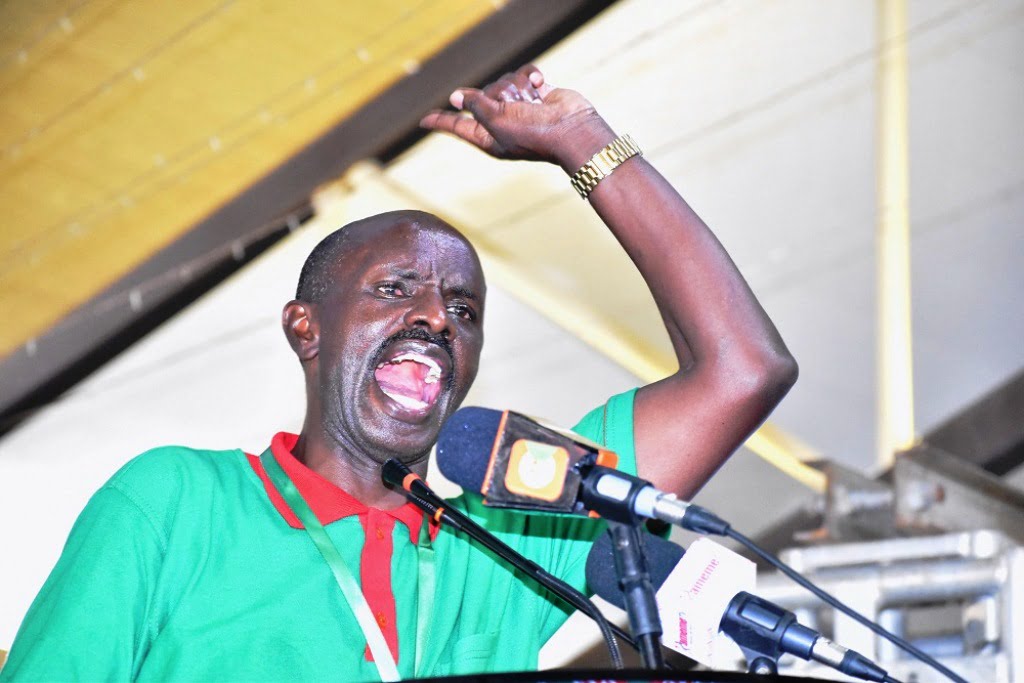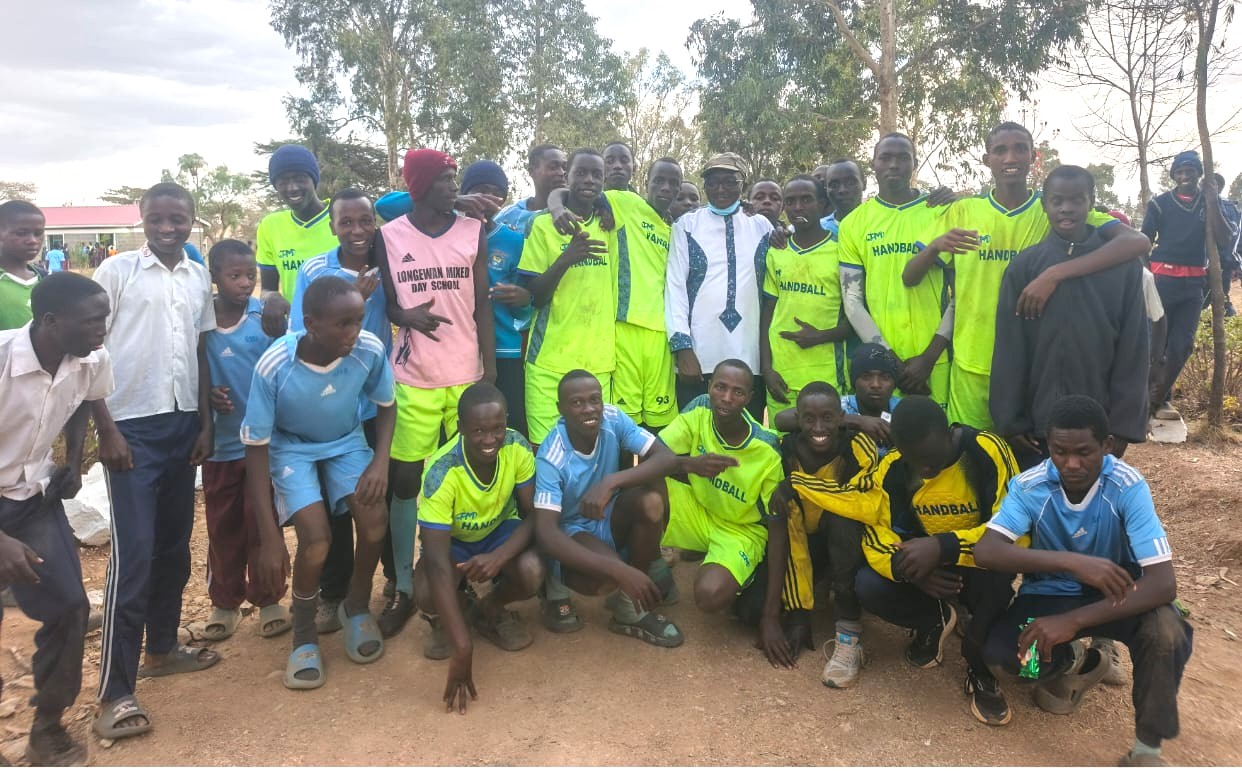By Victor Ochieng’
vochieng.90@gmail.com.
“Where there is no counsel, people fall, but in the multitude of counsellors, there is safety.” – Proverbs 11:14
The bright-eyed insight is, apart from having members of the student council, secondary schools should have able and formidable teams of peer counsellors. The passionate penman, Son of the Lake can argue that peers are people of equal standing. They are people of the same age, or at the same stage. In most cases, they share the same ranks, needs, social and academic status.
Peer counselling focuses on that type of counselling that occurs among peers.
It is important to note that counselling goes beyond guidance. Juxtaposing the two, guidance can occur at a sitting. But counselling is an interactive process precipitated by a special kind of relationship between the counsellor and client. It behooves the counsellor to employ specific skills and techniques to prop up the client weighed down by psychological burdens.
Peer counsellors listen aptly to fellow peers. They employ basic helping skills and techniques. They help other students to love learning through change of behaviour. For learning is change of behaviour plus attitude. Attitude is equal to mindsets plus beliefs.
Schools should have strong departments in charge of Guidance and Counselling (G and C). The Heads of Departments (HoDs) G and C should devolve their roles of offering psycho-social support by forming formidable teams of Peer counsellors in schools.
After this composition, peer counsellors should ascend to their royal roles with zeal and zest. Peer counsellors should link other students to teacher-counsellors in the school. They should act as role models and mentors.
Effective peer counsellors must understand the three major stages in peer counselling. There initial stage where the counsellor and client create contact or rapport. The second phase which entails understanding the problem. The counsellor listens keenly to the client using certain basic skills in order to ascertain the problem. The counsellor assists the client in setting goals, then doles out hope and help. Together, they conjure a solution. The last stage focuses on action. It is where the goals for change are clearly defined. The counsellor and client come up with a plan of action. The counsellor offers psychological support to the client by exploring new behaviour. Evaluation of its effectiveness is done. If that works, the case is closed. Of course, this may require umpteen sessions.
Peer counsellors should educate their fellow peers on myriad issues such as useful study skills, healthy relationships, stress management, management of pocket money, proper stewardship of time, mental health, hygiene, wise use of media, career choices et cetera.
It is incumbent upon peer counsellors to provide Psychological First Aid (PFA) and create awareness on issues like drugs, early pregnancy, Covid-19 pandemic and Sexually Transmitted Diseases (STDs) like HIV/Aids scourge.
Peer counsellors should have a deeper understanding of Group Counselling and Crisis Counselling. On Group Counselling, they should know how to conduct class conferences, club gatherings, house meetings, religious convocations, school assemblies, pep talks and trainings.
Moreover, peer counsellors should wield specialised knowledge on matters Crisis Counselling. They should know what to do after occurrence of disaster. They should know how to handle fellow students after a school strike. They should know how to handle students who have experienced sexual violence like defilement and rape? They should attend to other students who have reported back to school after suspension?
For peer counsellors to ascend to their roles, they must have comely qualities. In the giant list of attributes, they should be available, responsible, reliable, approachable, tactful, diplomatic, understanding, open-minded, assertive, imaginative, creative, innovative and talented. Above all, they should be pious, prayerful, wise, and not otherwise.
Peer counsellors must wield social skills like greetings, politeness, gentleness, kindness, etiquette, courtesy and compassion. For them to establish good rapport with other students, they should be people with pleasant personalities; able to wear mile-wide smiles, with appropriate tone of voice and able to maintain meaningful eye contact.
Effective peer counsellors focus on ethics and basic helping skills. On ethics, they must be competent. In their dealings with other peers, they should practise high levels of confidentiality, beneficence, fidelity and fairness.
Counselling cannot occur when counsellors have paucity or scarcity of skills and techniques. I define skills as abilities to perform specific tasks. Counselling skills can be categorised into three: listening, attending, probing and reflecting, also known as responding skills.
Pertaining listening skills, peer counsellors try to understand the clients’ verbal and non- verbal messages. The ultimate goal on this specific ambit, is to listen beyond the words used by the client. Counsellors who are skilful listeners have mastered the art of picking clients’ experiences, behaviours and emotions in moments of candid conversations.
Attending skills means being there for clients – giving them undivided attention. The counsellors must welcome the client, exchange pleasantries, show some kindness through symbolic nourishment. The counsellor should attend to the client physically and psychologically by putting premium on the SOLER Technique – Sitting squarely, Open posture, Leaning towards the client, Eye Contact and Relaxation.
Reflecting skills help counsellors to respond to clients. The aim is to communicate what has been understood, help the client to fully open up and to clarify what the client has expressed through: reflection of content or reflection of feelings. Reflection works in tandem with empathy, genuineness, Unconditional Positive Regard, restating, summarisation and rephrasing.
Probing skills encapsulates minimal prompts, questioning, confrontation, concreteness and self-disclosure. Other skills are silence, observation, symbolic nourishment and if possible, touching where appropriate.
The writer trains Peer Counsellors in schools. He also builds the capacity of teacher-counsellors in Guidance and Counselling Departments.






